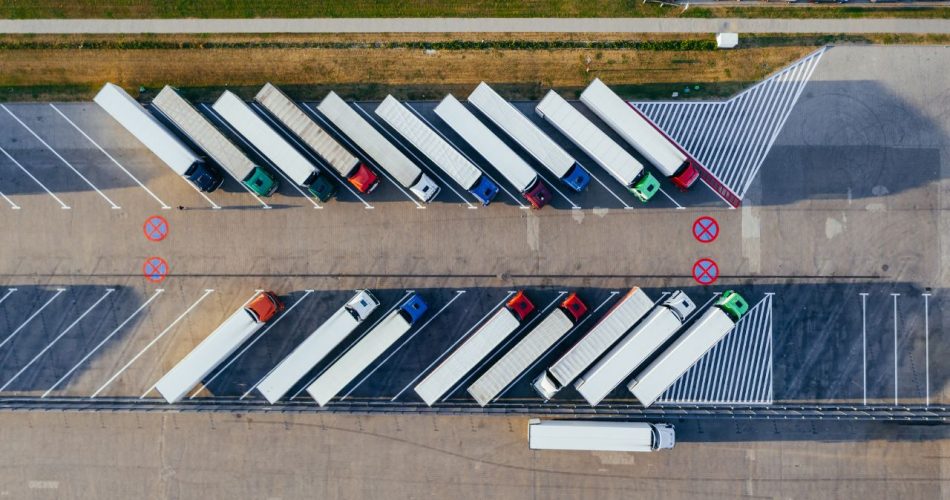“Battery-electric trucks will be significantly cheaper and more climate-friendly than new diesel-powered vehicles in 10 years’ time, even at moderate CO2 prices for almost all applications,” explains Julius Jöhrens, head of a comparative analysis now presented by ifeu in the “My eRoads” research project. Powering the battery trucks via overhead lines could further improve the cost balance and open up additional systemic advantages. If costs are the only factor, haulage companies will therefore only purchase e-trucks for transport within Germany in 2030.
A comparison of the greenhouse gas emissions of different drive systems for the year 2030 also shows that battery-electric trucks can save about half of the CO2 emissions compared to diesel trucks – including electricity generation and truck production. About one third of the remaining CO2 emissions are then attributable to vehicle production. The use of overhead lines can significantly reduce the required battery sizes of the trucks and thus tend to further improve the climate balance.
Climate benefits on the long haul
Overhead line technology is particularly interesting for use on long-distance routes. However, the use of hydrogen in fuel cell trucks is also being discussed there. In direct comparison with battery and overhead line trucks, however, fuel cell trucks are economically competitive only at extremely low hydrogen prices. These are only forecast in optimistic scenarios for H2 imports from wind- and sun-rich regions outside Europe. However, CO2 emissions are only lower than for trolley trucks even if the hydrogen for the trucks is produced almost exclusively from renewable sources – in view of high H2 demand from other sectors, a requirement that is likely to be difficult to meet in practice.
The results of the study clearly show: hydrogen produced with the German electricity mix cannot compete with diesel technology in 2030, neither in terms of cost nor CO2 balance. The use of fuel cell trucks is therefore a medium-term bet on the future availability of cheap and fully renewable imported hydrogen.
Government action is needed above all to build up the infrastructure
So what does this mean for the future? From a cost perspective, haulage companies will probably almost always opt for a battery-electric vehicle in 2030. Due to their clear cost disadvantage, fuel cell trucks are only likely to be used where the use of battery trucks fails due to practical considerations – how often this occurs is partly in the hands of the state via infrastructure development.
“Technology and costs are clearly developing in the direction of electric trucks. The state’s task now is to push ahead with the expansion of stationary charging infrastructure on the main routes and to examine where this can be usefully supplemented by an overhead line network. Then heavy-duty transport can make a significant contribution to the climate goals in the transport sector,” says study director Julius Jöhrens.
Nevertheless: “Even electric trucks can at most halve the CO2 emissions of a truck in 2030 in a life cycle assessment. In addition, the conversion of the truck fleet will take time. In order to actually achieve the climate targets we have set, we must therefore continue to avoid unnecessary truck transports and shift significantly more transports to rail in the long term.”
The study “Comparative analysis of the potential of drive technologies for trucks in the time horizon 2030” is a sub-report within the framework of the project “Electrification potential of freight and bus transport – My eRoads”. It was prepared by ifeu together with PTV Transport Consult. The analysis was funded by the Federal Ministry for the Environment.

